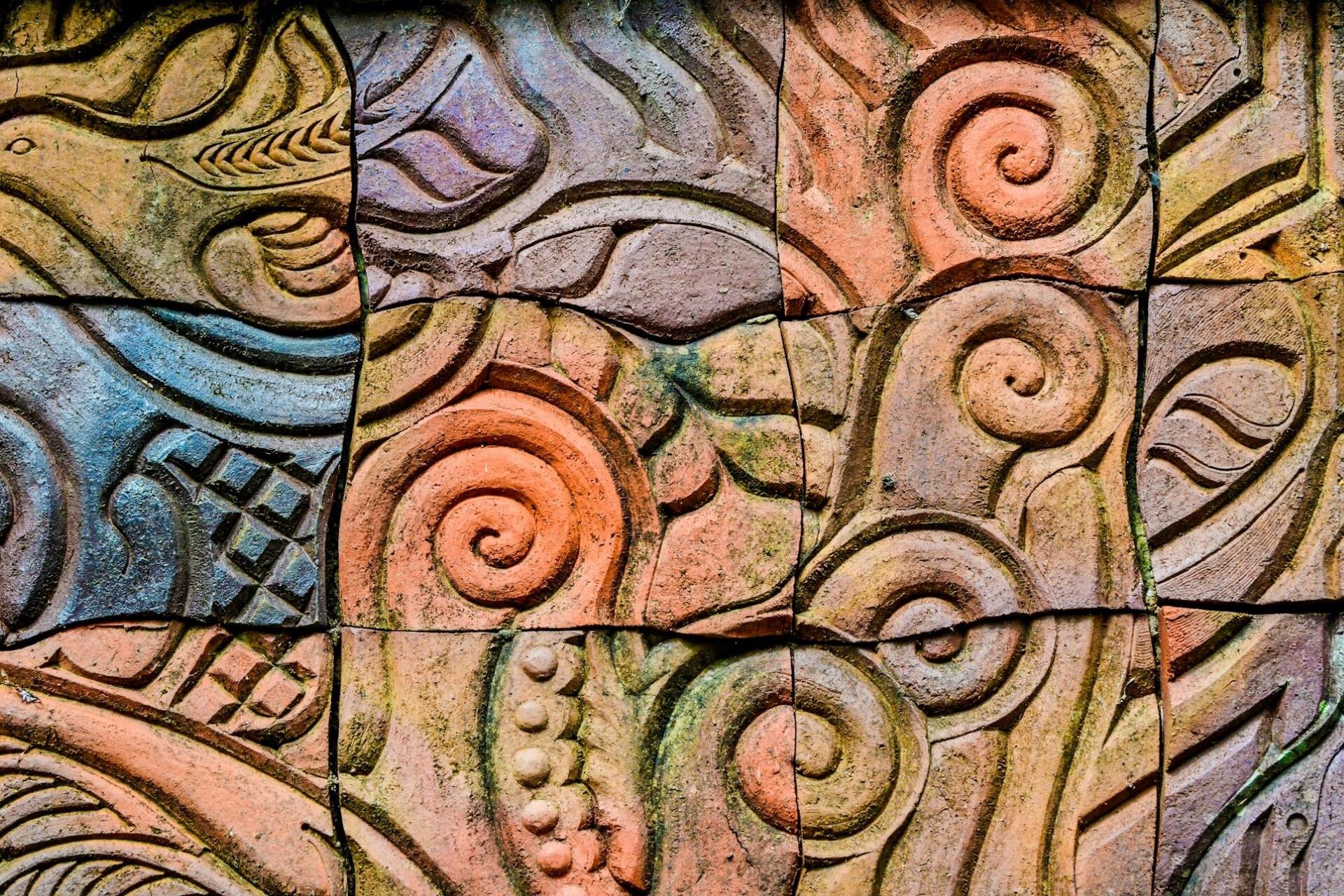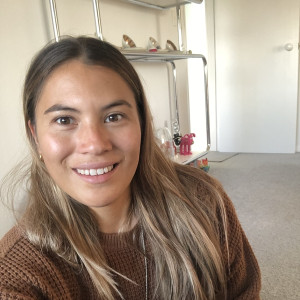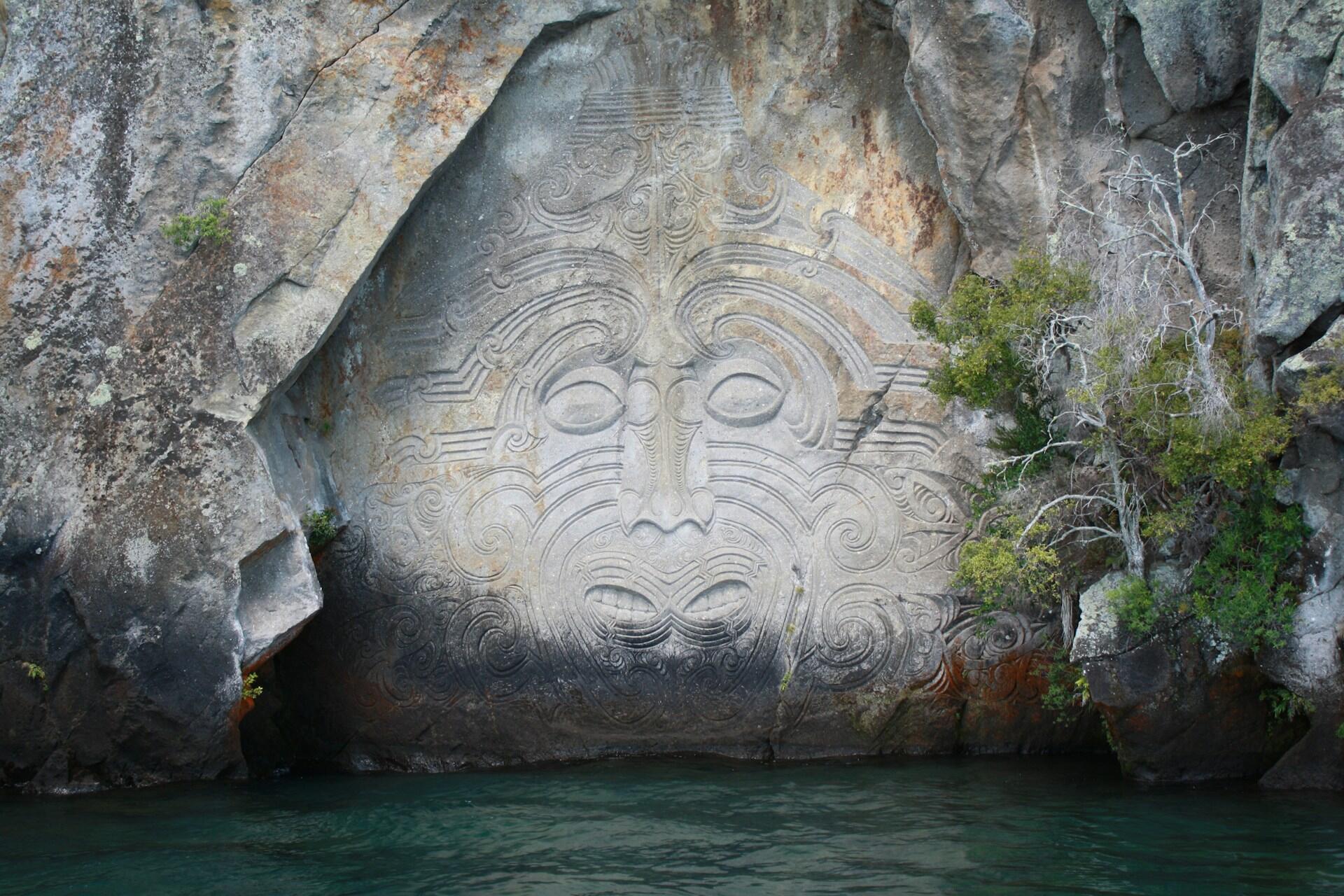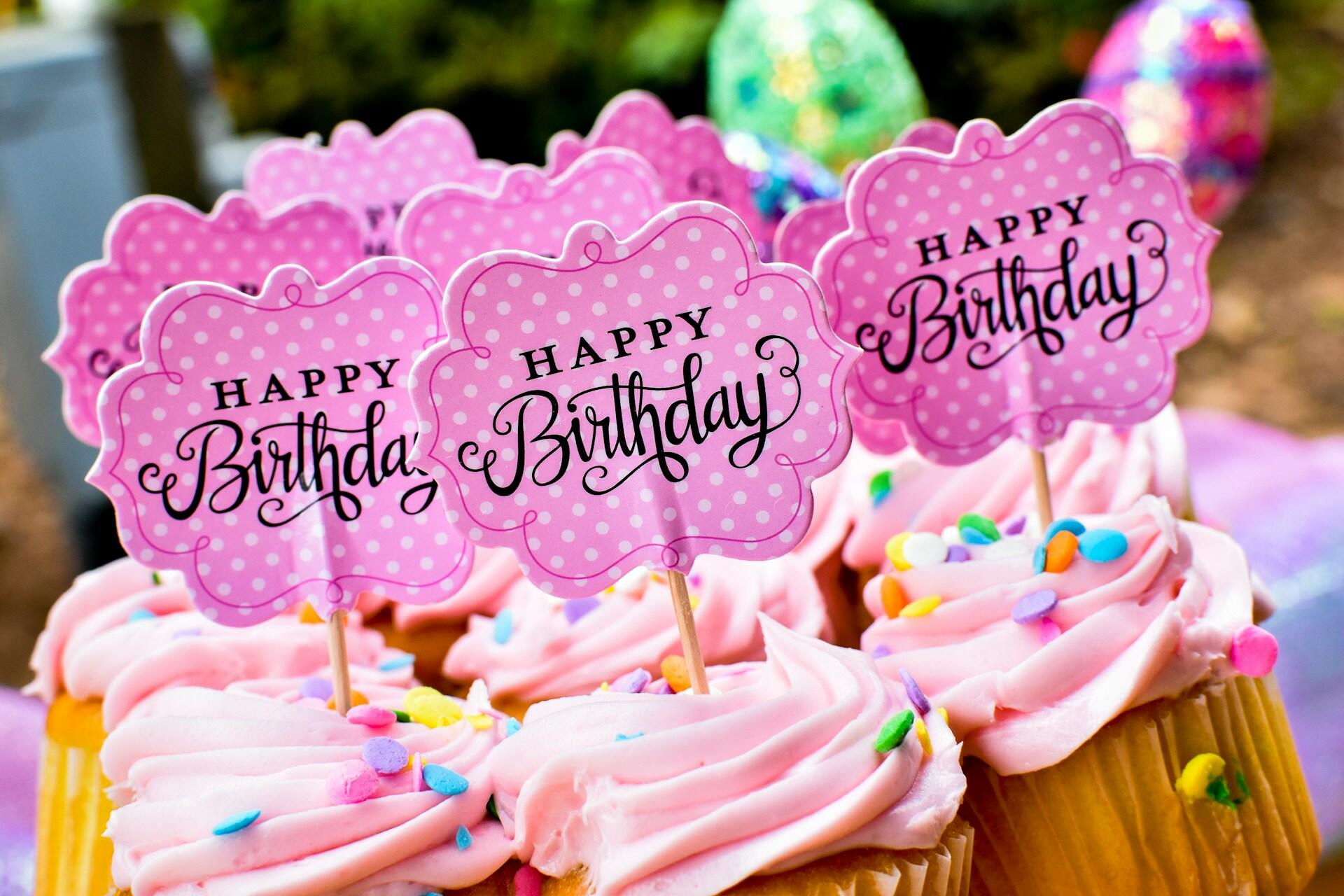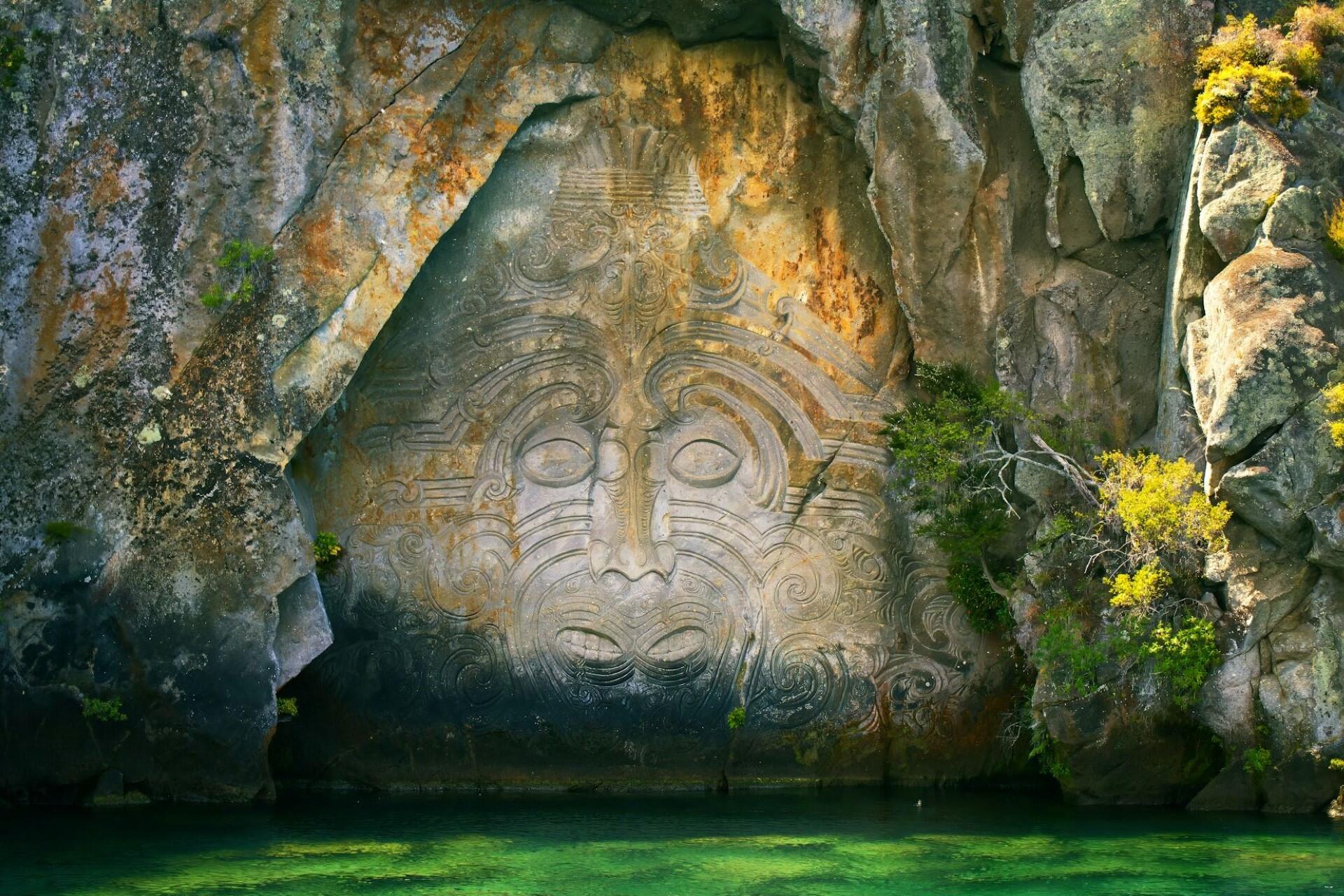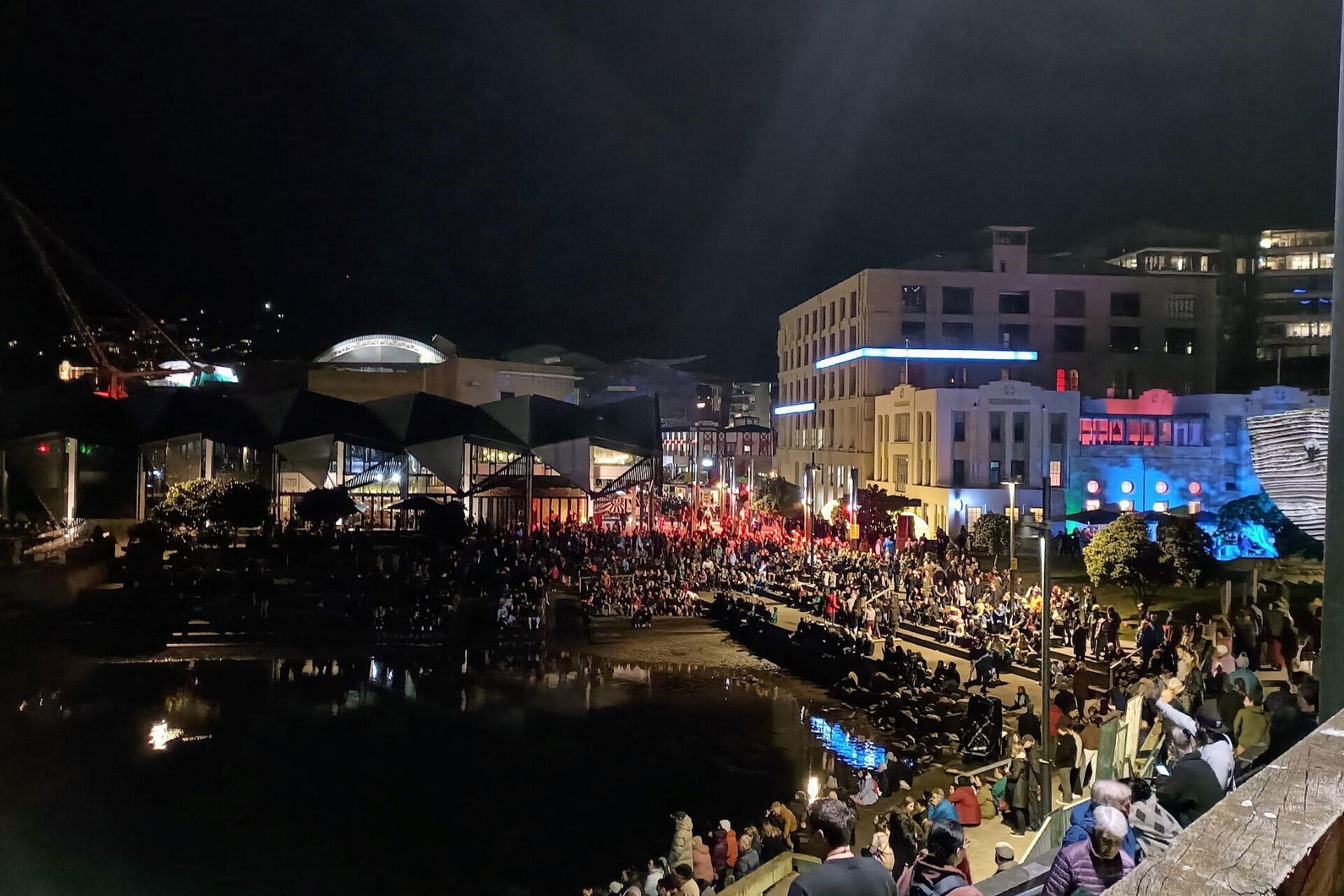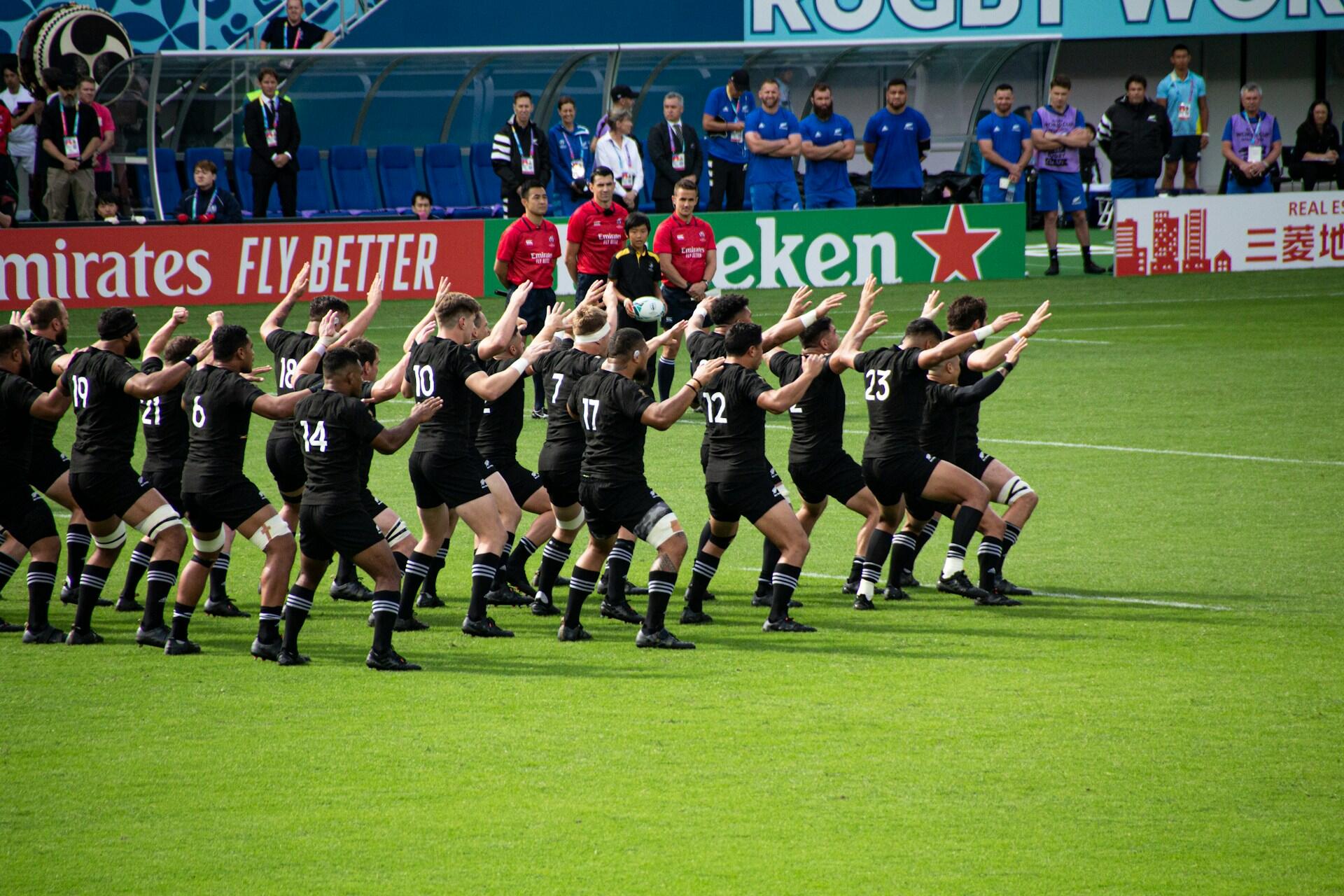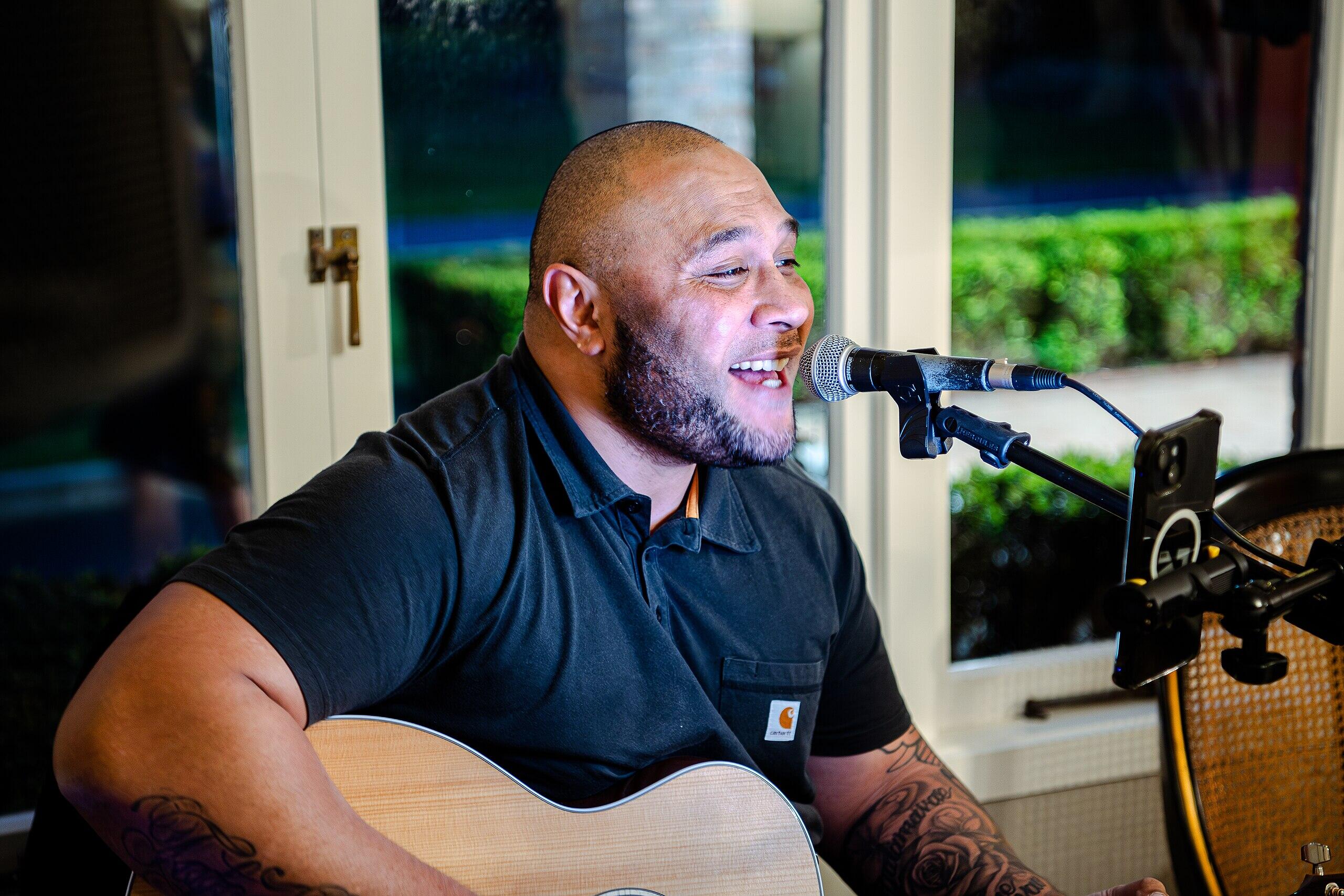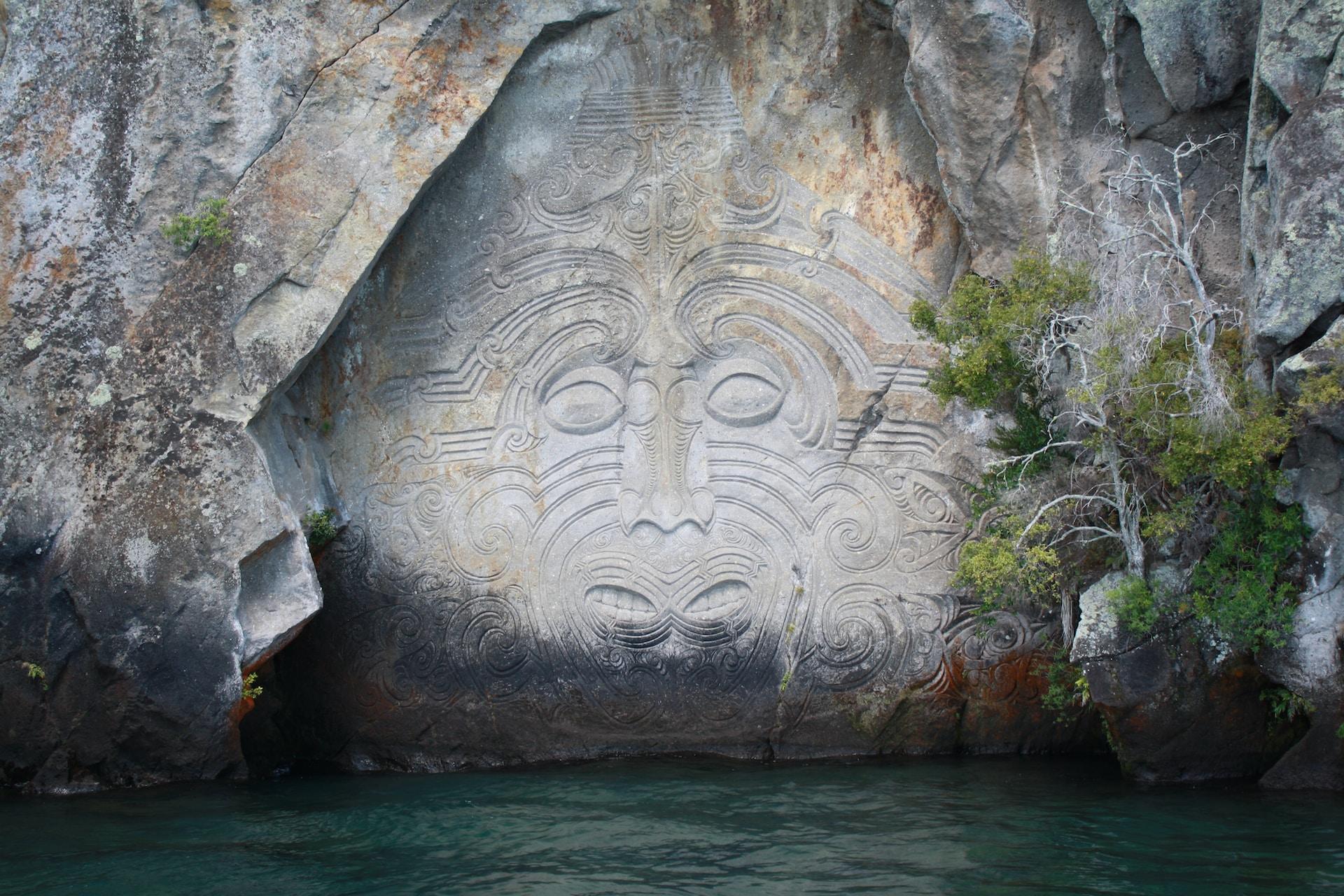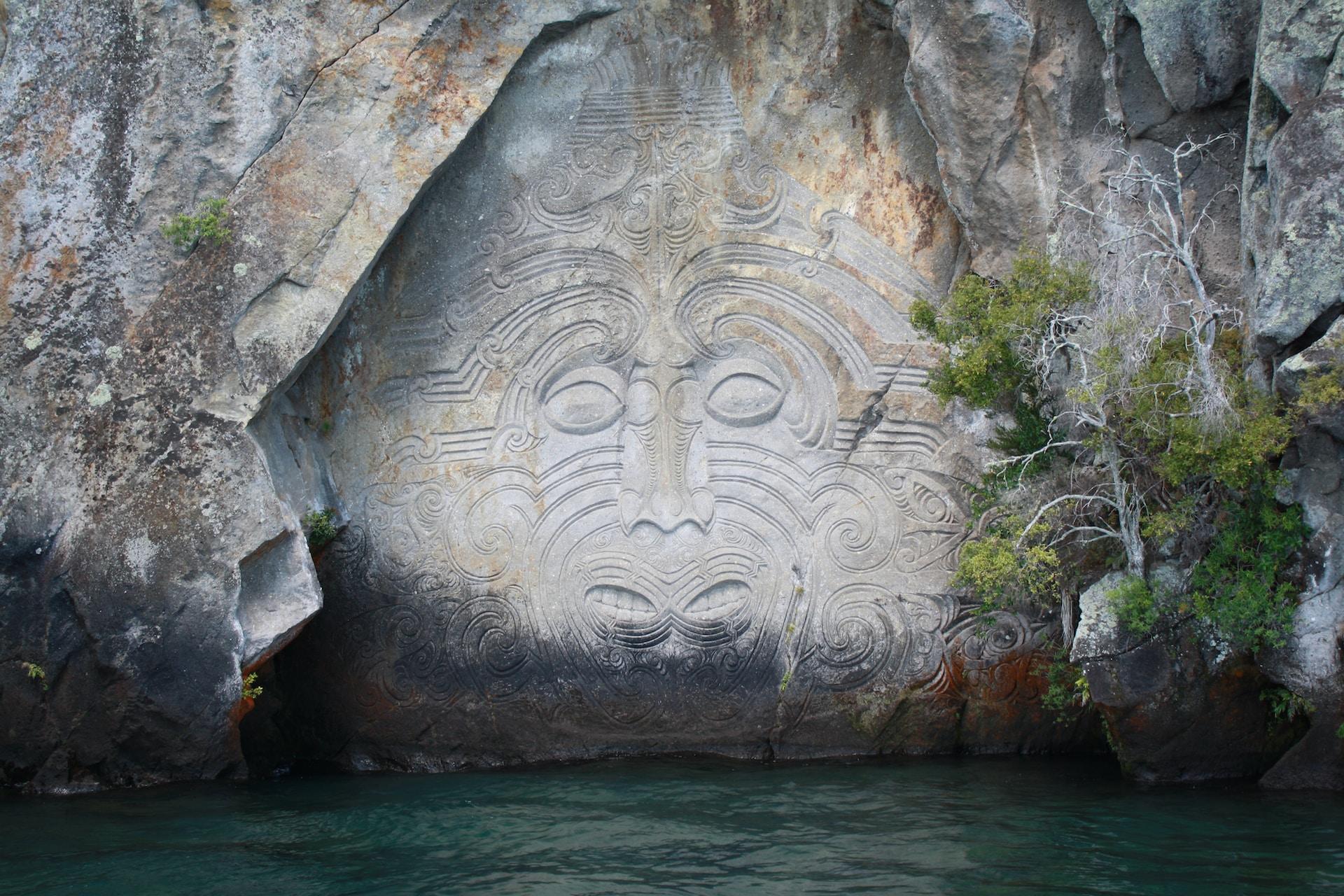“He aha te mea nui o te ao? He tangata, he tangata, he tangata.” / “What is the most important thing in the world? It is people, it is people, it is people.”
Māori Proverb
In Māori culture, whānau doesn't just mean "family". It actually represents the foundation of Māori society and the network of relatives connected by blood and by shared responsibility, care, and belonging. whānau stretched beyond parents and children in a single household to include grandparents, cousins, aunts, uncles, and close community members who act as what English might call extended family. For many Māori, whanai also describes who you come from and where you belong. It's a sense of unity and collective identity, with each person contributing to the well-being of others. This idea shapes what everyday family life is like in Aotearoa and how children are raised in communities. Learning how to talk about family in Māori is an excellent way for learners to explore new vocabulary while opening the door to Māori values such as connection, respect, and support. As you explore specific words like whaea and matua, you'll see how deeply whānau is integrated into Māori culture and language.
| Māori Word | English Meaning |
|---|---|
| Whānau | Family, extended family |
| Whaea | Mother, aunt, respected female elder or teacher |
| Matua | Father, uncle, respected male elder or teacher |
| Tamaiti | Child |
| Mokopuna | Grandchild |
| Tuahine | Sister (of a male) |
| Tungāne | Brother (of a female) |
| Kuia | Grandmother or female elder |
| Koroua | Grandfather or male elder |
| Māmā | Mum (modern informal) |
| Pāpā | Dad (modern informal) |

What Does Whānau Mean?
So does whānau still mean family? In fact, the word in Māori comes from the verb whānau, which means "to be born" or "to give birth". As you can see, this is not precisely the same concept as the English word "family," and the Māori term actually more closely links to life, continuity, and shared ancestry than the English term does. So where did this all come from?
of Māori children grow up with regular contact from grandparents or extended whānau.
Origins and Cultural Significance
A whānau traditionally included several generations living together. Grandparents, parents, children, and extended relatives would all live together. The smallest social unit in the wider Māori kinship structure, it formed part of a hapū (subtribe) and iwi (tribe). Each whānau has its own leadership, responsibilities, and shared resources, such as land and food.

The whānau is more than just the relationships that make it up; it's also a system of care, education, and cultural transmission. Elders share stories, skills, and tikanga (customs). These are passed on, and everybody within a whānau has a role to play, with collective well-being given priority over individual goals.
Whānau (IPA: /ˈfaːnaʉ/) — literally "to be born."
In Māori culture, whānau refers to an extended family network that provides emotional, spiritual, and practical support.
Whānau and the English Word “Family”
The English word for "family" often refers to the nuclear household or some very close relatives. whānau, however, is much broader and more communal. It recognises individuals as part of a wider interconnected system of ancestry and future generations. In modern Aotearoa, whānau can extend beyond bloodlines and even include close friends, mentors, or colleagues. In Māori, the phrase whānau whānui refers to the extended family, and whānau can be used in community settings like schools and workplaces, with the term and concept evolving.

Key Māori Family Vocabulary
By learning Māori family words, you can recognise the relationships and the values at the heart of whānau, but you can also talk about people, their physical features, and their relationship to you. There are words to describe parents, children, grandparents, and extended relatives. Be sure to include them in your vocabulary notes.
Core Words and Meanings
Example Sentences Using Māori Family Words
Whaea Meaning and Usage
In te reo Māori, the word whaea (IPA: /ˈfaea/) literally means “mother”, however, it doesn't just mean the immediate family. It can be used to describe an aunt, a female elder, or any woman who takes on a nurturing or guiding role within the whānau or broader community.
The fact that whaea is used more broadly in Māori society shows that care and teaching are seen as collective responsibilities, not limited to biological parents. Māori children can be raised with input and love from multiple maternal figures, such as whaea, kuia, and other female relatives, whose roles are to share knowledge, discipline, and affection.

In many schools and kura kaupapa Māori (Māori-medium schools), students will address their female teachers as Whaea and their first name. It's both an affectionate and respectful way to do it. It is somewhat similar to the use of "aunty" in English for those who are not blood relatives.
Whaea is used to acknowledge mana (authority) and aroha (care). Whether spoken at home, on the marae, or in the classroom, it conveys deep respect for the women who nurture, teach, and lead.
Matua Meaning and Usage
Matua (IPA: /ˈmatʉa/) is another key Māori family term. It can mean "father" or "uncle", but its definition is also broader and extends to male elders and leaders who provide care, guidance, or protection. In a traditional whānau, the matua would teach the younger generations, with stories of animals and heroes, maintain discipline, and represent the family in tribal matters. Nowadays, it's more of an honorific title for male teachers, elders, and respected community members.
Four Common Parental Terms in Te Reo Māori
The Role of Whānau in Māori Society
whānau is the foundation upon which identity, values, and well-being are built. whānau determined how land was shared, how children were raised, and how responsibilities were distributed. It meant that everybody had a place, a purpose, and a connection to those around them. Through whānau, individuals learn about tikanga (customs), reo (language), and whakapapa (genealogy).
In Māori health models such as Te Whare Tapa Whā, whānau is one of the four essential pillars of well-being, alongside physical, spiritual, and mental health. A strong whānau provides balance, stability, and emotional strength.
Modern Whānau in Aotearoa
The meaning of whānau is evolving in modern Aotearoa over time. With many Māori families living in cities, perhaps some distance from their ancestral lands, they still maintain close connections through hui (meetings), cultural events, and even social media. There's also whānau engagement, the partnerships between schools and families, strengthening student achievement. whānau support recognises the role of extended family in care and decision-making.
Ways Whānau Strengthen Māori Communities
Learning Family Words in Te Reo Māori
An understanding of whānau can help you better understand family words in te reo Māori. After all, language and culture are inseparable, and a cultural experience will give you a more profound sense of each word's meaning. When you use these words, you're not simply using a loose translation of an English word; you're conveying the whole meaning as it'll be understood by Māori speakers.
people in New Zealand speak Māori well enough to hold a conversation.
Pronunciation Tips
Correct pronunciation is a key part of speaking te reo Māori clearly and respectfully. Every vowel has its own distinct sound, and macrons (the lines above vowels) indicate that the vowel should be held for longer.
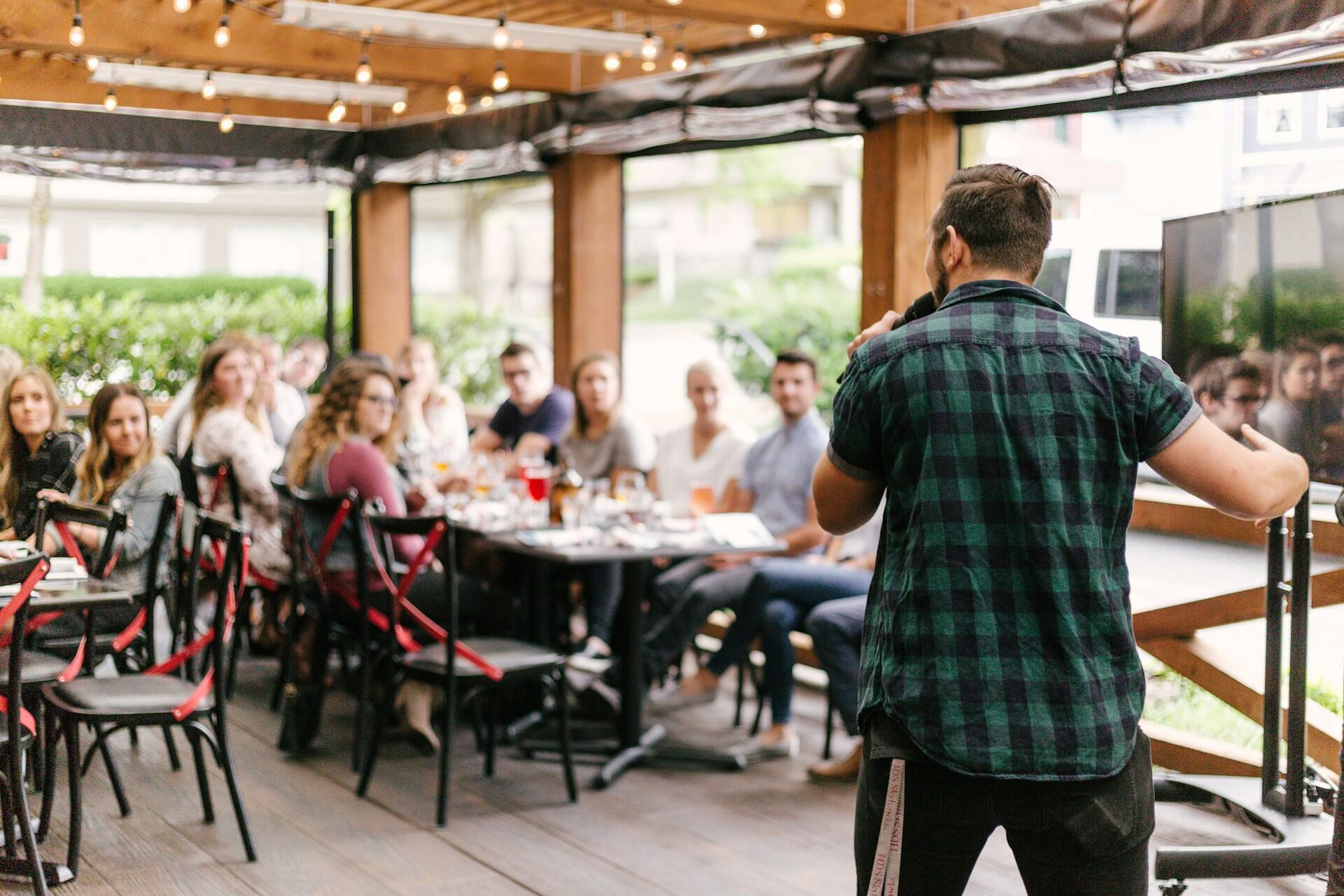
- Macrons: A word like whānau sounds like fah-now, not fan-ow. The long ā gives the word rhythm and weight.
- “Wh” Sound: In Māori, wh is usually pronounced like the English f. So whaea is pronounced fah-eh-ah.
- Vowels:
- A = “ah” (as in father)
- E = “eh” (as in bed)
- I = “ee” (as in see)
- O = “or” (as in for)
- U = “oo” (as in shoe)
- Stress: Usually falls on the first syllable of the word, especially when there’s a long vowel.
To build confidence, say each family word aloud several times and listen to how native speakers use them in natural conversation. You can also do this with any vocabulary you learn from the words for colours or new nouns.
Practice Sentences
Here are a few practical examples to help you practise te reo Māori family words in complete sentences. Try repeating them slowly, then naturally:
Get started with Māori by knowing how to pronounce the word correctly.
Summarise with AI:

